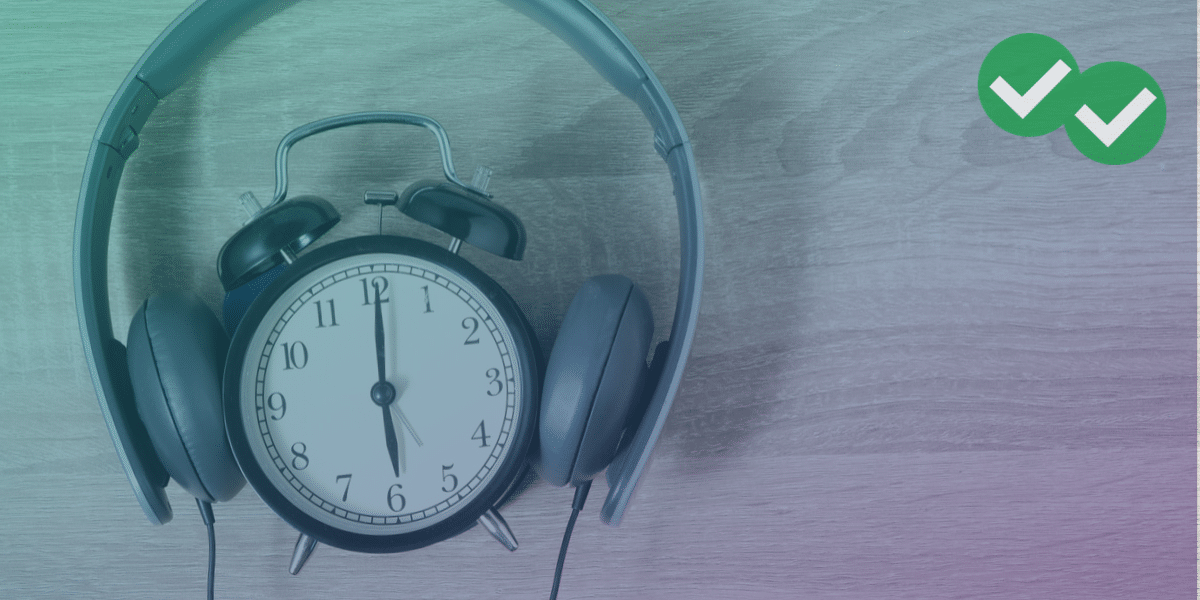
In my very first post on this blog, I wrote about how to get around “vocabulary road blocks” in reading. In that article, I gave strategies for how to understand the whole meaning of a reading passage, even when you can’t understand some individual words and phrases.
These kinds of context-based, critical reading skills are very important—in TOEFL Reading, you can’t let an unknown word stop you or slow you down. The same is true in listening. An unheard word should not halt your comprehension of everything else that you hear. If you get distracted by hard-to-hear words, you will easily and fall behind and get lost in your listening. This is just as much of a problem in real English use outside the test itself.
So if you’re listening to something in English and you miss a word, don’t dwell on it. Instead, focus on everything you do understand, and keep your attention on the overall meaning of what you hear. (Check out more TOEFL Listening tips and tricks to help you develop these skills!)
To help you practice this skill of listening for context, I’m going to share an audio track with you. In this audio, you are pretty much guaranteed to miss a few words or phrases. It’s a recording of an interview between a reporter and CISCO Executive Chairman John Chambers at the 2016 Davos World Economic Forum. Although the speakers both make an effort to speak clearly, they have somewhat unusual accents. The interviewer has a very strong Australian accent, and the Chambers has an American Southern accent, which sounds a lot different from standard North American English.
Below the playable audio track in this post, you’ll find a series of comprehension questions. Listen to the audio and see how many of the questions you can answer correctly. How much general meaning can you understand, even if you aren’t able to hear every word that’s said? Look at this transcript of the interview to check your answers.
Comprehension questions
- What concerns about China does the interviewer mention?
- What does John Chambers think about these China-related fears? And what reasons does he give for his opinion?
- John Chambers compares Cisco to other similar companies. What does he say in his comparisons? (Bonus: What are the specific companies he compares Cisco to?)
- Chambers mentions fiscal quarters where Cisco had no growth. How does he explain this lack of growth?
- What does Chambers regret about his past business activities in China?
I hope this has been helpful! For more prep in this part of the TOEFL, be sure to check out Magoosh’s complete guide to TOEFL Listening.





